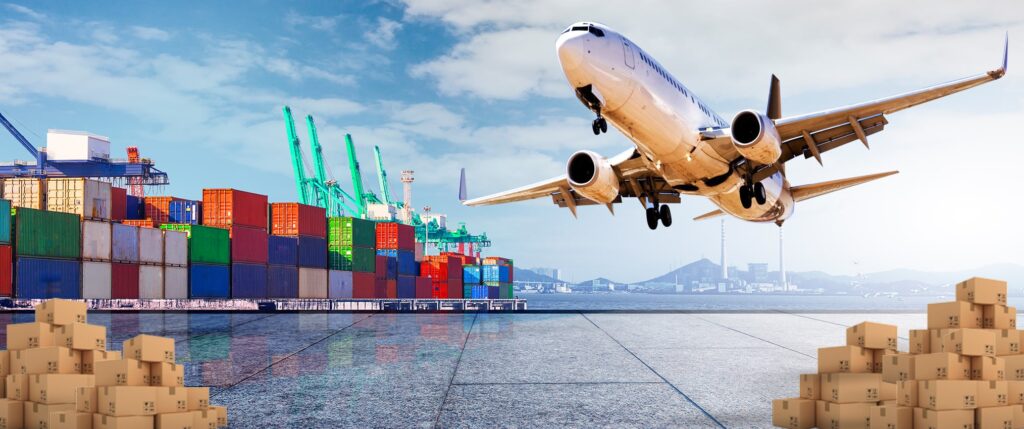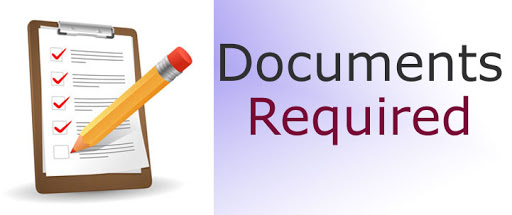- By TOP CHINA FREIGHT
- September 11, 2025
- Air Freight, Shipping
Table of Contents
How much is air shipping from China is one of the most common questions importers ask when planning logistics. Air freight remains among the fastest ways to move goods globally, yet many businesses struggle to understand pricing structures. This guide will walk you through detailed cost breakdowns, key influencing factors, and practical tips to manage expenses effectively.

What is the average cost of air shipping from China?
Air freight rates vary depending on weight, dimensions, and destination. On average, air shipping from China costs between $4 and $8 per kilogram for standard cargo in 2025. Express services, such as DHL or FedEx, often range higher, from $7 to $12 per kilogram, but provide door-to-door delivery within days.
| Shipping Service | Average Rate (per kg) | Transit Time | Best For |
|---|---|---|---|
| Standard Air Freight | $4–$8 | 5–10 days | Bulk cargo, general goods |
| Express Courier | $7–$12 | 2–5 days | Small parcels, urgent shipments |
| Economy Air | $3–$5 | 7–14 days | Non-urgent, lightweight cargo |
Therefore, the type of service chosen significantly impacts your overall shipping budget.
Which factors affect air freight costs from China?
Air freight uses chargeable weight, which compares actual weight with volumetric weight.
Major hubs like Los Angeles or Frankfurt cost less than smaller regional airports.
Global oil prices can increase air freight rates.
Holiday seasons like Chinese New Year or Christmas often drive prices up by 20–40%.
Import duties, taxes, and local delivery add to total expenses.
How do transit times vary by destination?
Transit times depend on distance and chosen service. Direct flights shorten shipping schedules, while connecting flights may add delays.
| Destination | Average Transit Time | Notes |
|---|---|---|
| USA (Los Angeles) | 3–5 days | Direct flights available daily |
| Europe (Frankfurt) | 4–7 days | Reliable schedules, competitive rates |
| Australia (Sydney) | 3–6 days | Strong e-commerce demand routes |
| Middle East (Dubai) | 4–8 days | Seasonal fluctuations during Ramadan |
| Africa (Lagos) | 6–10 days | Limited direct connections |
Therefore, businesses should plan according to regional differences in flight frequency and customs clearance times.
What are the pros and cons of air freight compared to sea freight?
Air freight is known for speed, but costs can be prohibitive. The choice depends on your supply chain priorities.
| Factor | Air Freight | Sea Freight |
|---|---|---|
| Cost | High, $4–$12 per kg | Low, $1000–$5000 per container |
| Speed | 2–10 days | 20–40 days |
| Reliability | High, fixed flight schedules | Moderate, weather and port delays common |
| Cargo Type | Small, high-value, perishable goods | Large, heavy, bulk shipments |
| Customs | Faster clearance at airports | More paperwork at seaports |
What documents are required for air shipping from China?

| Document | Purpose |
|---|---|
| Commercial Invoice | Declares shipment value and description |
| Packing List | Lists weight, volume, and cargo details |
| Airway Bill (AWB) | Contract of carriage issued by the airline |
| Certificate of Origin | Identifies product’s country of origin |
| Import License | Required for restricted goods |
Proper documentation reduces risks of delays and ensures compliance with international trade regulations.
How can businesses reduce air freight costs?
Although air shipping is expensive, several strategies can help control costs:
Consolidate Shipments:
Combine smaller orders into one larger shipment.
Choose Economy Air:
Accept slightly longer transit for cheaper rates.
Ship Off-Peak:
Avoid high-demand periods like November–December.
Use Major Airports:
Larger airports usually offer lower handling charges.
Work with a Freight Forwarder:
Professionals negotiate better rates and handle logistics efficiently.
Adopting these practices allows businesses to maximize efficiency while keeping costs manageable.
Can express courier services be worth the extra cost?
Yes, in many cases. Express services like DHL, UPS, or FedEx deliver goods from China to most countries within 2–5 days. They also provide full tracking, customs clearance support, and door-to-door delivery.
For small businesses shipping electronics, fashion, or samples, express couriers may save money in the long run because they reduce risks of delays and lost sales opportunities.
However, importers handling bulk cargo should compare courier rates with consolidated air freight to ensure cost efficiency.
Case Study: A U.S. importer of electronics

A U.S. retailer needed to ship 600 kg of consumer electronics from Shenzhen to Los Angeles. Initially, they considered sea freight at $3,000 per container with a 30-day transit. However, due to holiday demand, time-to-market was critical.
They chose standard air freight at $6 per kg, totaling $3,600. Delivery took 5 days, enabling the company to launch products before Black Friday. Although costs were slightly higher, the faster turnaround generated an additional $15,000 in sales revenue, proving that speed outweighed cost in this case.
What are the future trends in air freight from China?
Airlines are adopting fuel-efficient aircraft to reduce carbon emissions.
Online booking platforms streamline rate comparisons and documentation.
Rising demand for fast shipping drives increased cargo flights.
Cities like Zhengzhou and Chengdu are expanding as major air freight gateways.
Should small businesses choose air freight over sea freight?
Small and medium businesses benefit from air freight when shipping in limited volumes. For instance, if your shipment is under 500 kg, sea freight consolidation may not be practical due to long transit and minimum charges.
Air freight ensures better cash flow, faster inventory turnover, and reduced storage costs. However, companies dealing in bulky or heavy products should stick with sea freight.
Therefore, the decision depends on balancing cost with delivery speed and sales potential.
Conclusion
So, how much is air shipping from China? In 2025, expect to pay $4–$12 per kilogram, depending on service type, destination, and cargo details. Air freight offers unmatched speed and reliability, but costs can be high. Businesses should weigh benefits against budget constraints, use consolidation strategies, and work with experienced freight forwarders to optimize their supply chain.
Need a Shipping Quote?
If you want expert guidance and peace of mind, our team is ready to assist.
TJ China Freight offers tailored solutions to help businesses of all sizes ship more reliably from China.

FAQ
Q1:How much is air shipping from China for seasonal products?
Air freight for seasonal products often costs 20–40% more during peak demand. Plan shipments early to secure capacity and maintain competitive logistics pricing.
Q2:Do airports influence how much is air shipping from China?
Yes. Shipping to major hubs like Los Angeles or Frankfurt reduces charges. Smaller airports add handling fees, impacting overall air freight costs from China.
Q3:Is air shipping from China suitable for e-commerce sellers?
Definitely. Air shipping ensures fast delivery, helping e-commerce sellers maintain stock levels, improve customer satisfaction, and respond quickly to global market demands.
Q4:How much is air shipping from China for medical supplies?
Medical supplies shipped by air usually cost more due to priority handling and temperature control. Expect premium rates between $7–$15 per kilogram in 2025.
Q5:Can groupage reduce how much is air shipping from China?
Yes. Consolidating shipments with other businesses lowers per-kilogram costs. Groupage helps small importers reduce air freight rates while maintaining reasonable delivery times.
